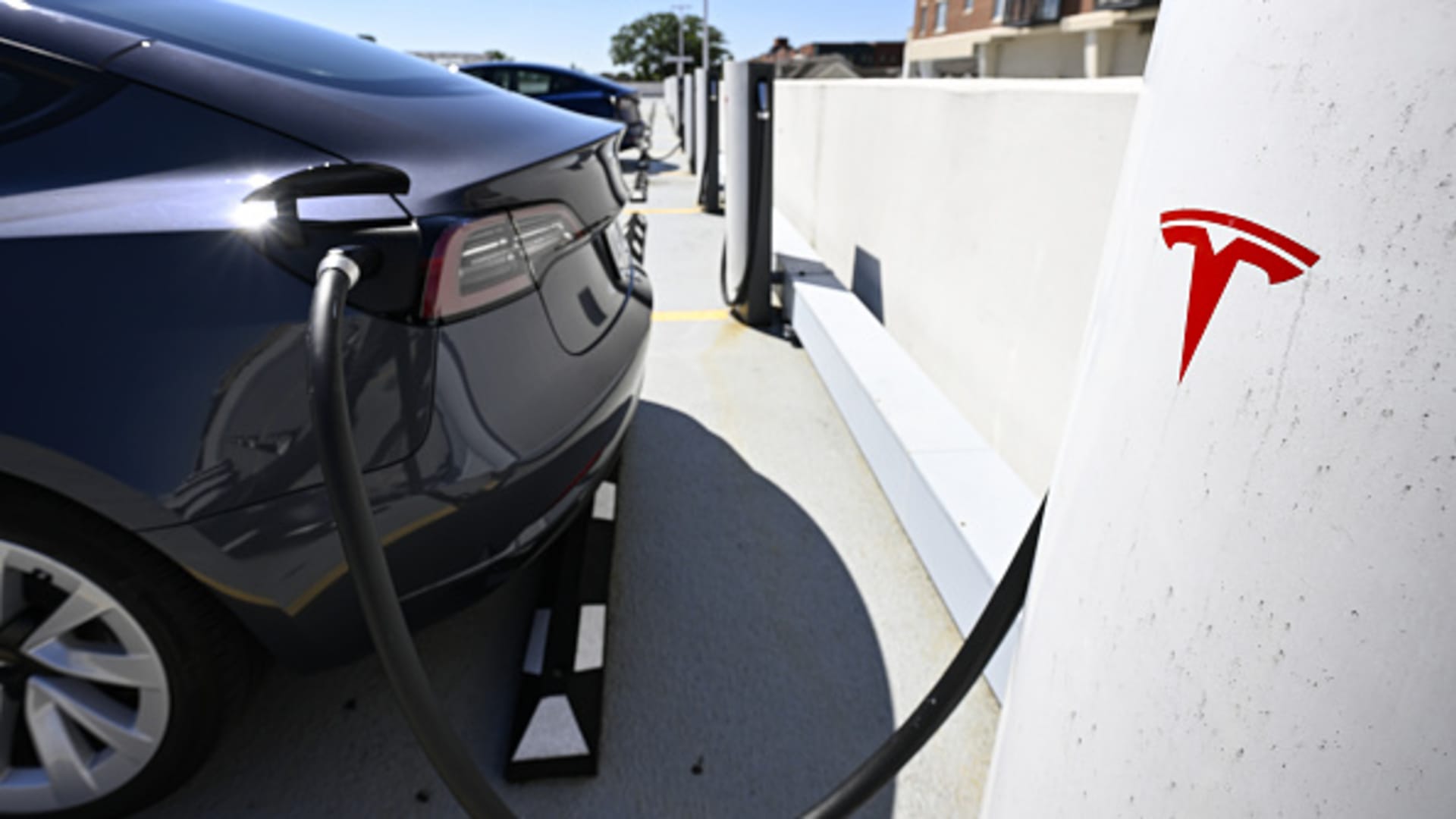US Markets
Wednesday, December 27th, 2023 8:25 pm EDT
Key Points
- Copyright Infringement Lawsuit Against Microsoft and OpenAI: The New York Times has filed a lawsuit against Microsoft and OpenAI, the creator of the ChatGPT AI chatbot, accusing both companies of copyright infringement and alleged abuse of the newspaper’s intellectual property. The lawsuit was filed in the U.S. District Court for the Southern District of New York, and The Times seeks to hold Microsoft and OpenAI accountable for what it believes are “billions of dollars in statutory and actual damages” resulting from the “unlawful copying and use of The Times’s uniquely valuable works.”
- Concerns Over AI Models and Mass Copyright Infringement: The lawsuit alleges that Microsoft and OpenAI, through their AI systems, have created a business model based on “mass copyright infringement.” The AI systems, particularly GPT models, are accused of generating multiple reproductions of The Times’s intellectual property to develop AI models, exploiting and retaining significant portions of copyrighted expression. Media publishers, including The Times, are increasingly expressing concerns about the use of their content by advanced AI models, leading to potential decreases in website traffic and revenues as AI-generated content competes with original journalism.
- Impact on The Times’ Commercial Opportunities: The lawsuit contends that Microsoft and OpenAI’s GPT models directly compete with The Times’s content, limiting the newspaper’s commercial opportunities. Examples provided in the suit demonstrate instances where GPT-4 produced altered versions of The Times’s material. The alterations not only remove critical context but also allegedly limit The Times’ revenue by altering content, such as removing links to products featured in its Wirecutter app. The lawsuit claims that the AI models deprive The Times of subscription, licensing, advertising, and affiliate revenue by generating content similar to the newspaper’s, wrongly attributing false information, and free-riding on the significant human capital investment made by The Times to gather information.
The New York Times has initiated a lawsuit against Microsoft and OpenAI, the creator of the AI chatbot ChatGPT, alleging copyright infringement and misuse of the newspaper’s intellectual property for training large language models. The lawsuit, filed in the U.S. District Court for the Southern District of New York, aims to hold Microsoft and OpenAI accountable for what The Times claims to be “billions of dollars in statutory and actual damages” resulting from the “unlawful copying and use of The Times’s uniquely valuable works.”
The New York Times accuses Microsoft and OpenAI of violating settled copyright law by using The Times’s journalistic material without proper permission for commercial purposes. While recognizing the potential of AI, The Times insists that journalistic content should be used for commercial gain only with permission from the original source. The lawsuit alleges that Microsoft and OpenAI have not obtained such permission and seeks compensation for the unauthorized use of The Times’s content.
The publisher contends that its journalism and content are protected by copyright law, emphasizing that if Microsoft and OpenAI wish to use their work for commercial purposes, they must obtain permission as required by law. The lawsuit asserts that the infringement is part of a broader business model based on “mass copyright infringement,” accusing the companies of using AI systems to create reproductions of The Times’s intellectual property for the development of GPT models, exploiting and retaining substantial portions of copyrighted expression.
This legal action is part of a larger trend where media organizations pursue compensation from entities behind advanced AI models, claiming the unauthorized use of their content for training AI programs. OpenAI’s GPT, a prominent language model producing human-like content, has faced concerns from publishers and content creators about the use of their materials without permission.
The lawsuit alleges that Microsoft and OpenAI’s GPT models directly compete with The Times’s content, limiting commercial opportunities and altering content in a manner that removes links to products, potentially impacting revenue streams. The Times provides examples where GPT-4 generated altered versions of its articles, raising concerns about potential misinformation and false attributions. Additionally, the lawsuit claims that Microsoft and OpenAI’s models deprive The Times of subscription, licensing, advertising, and affiliate revenue.
As AI technologies such as ChatGPT become more prevalent, concerns about the impact on traditional news consumption and revenue streams are growing. The lawsuit against Microsoft and OpenAI reflects the broader challenges and legal disputes arising from the intersection of AI development and the use of copyrighted materials.
For the full original article on CNBC, please click here: https://www.cnbc.com/2023/12/27/new-york-times-sues-microsoft-chatgpt-maker-openai-over-copyright-infringement.html




